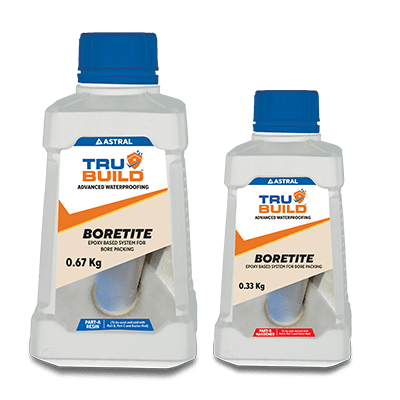Proven Ways to Keep Your Newly Constructed Basement Dry
Dec 16, 2024
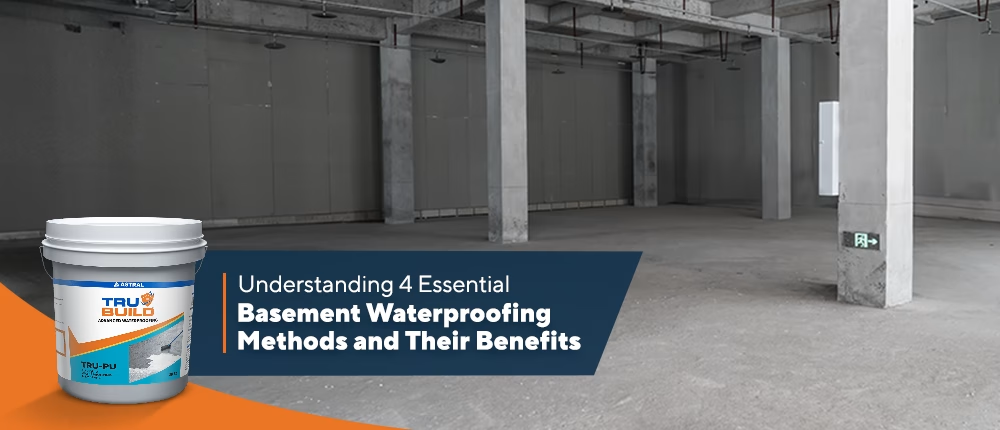
If you have recently added a basement to your home, congratulations! It is a fantastic way to increase space, create a retreat, or set up a home gym or office. However, having a low-lit, cold and cosy basement can begin to feel like a lot of work when unwanted water or moisture seeps and settles in. If left unattended, the damp walls become the origin grounds for unpleasant odours, mould or structural damage. Having your basement waterproofed right at the start protects your space and ensures your basement remains dry.
In this blog, we shall explore the proven basement waterproofing methods that let you keep your space moisture-free for years.
1. Ensure Interior and Exterior Waterproofing
One of the most effective ways of waterproofing for basement involves sealing it from the outside and the inside.
- Inside: Use waterproof paints or sealants to coat the walls, or install a drainage system to manage any water that sneaks in.
- Outside: Apply a waterproof membrane to the exterior walls and make sure there’s proper drainage around your home’s foundation.
2. Gutter Maintenance
Clogged gutters can lead to rainwater spilling over and soaking the ground near your home. This increases the risk of water finding its way into your basement. To avoid this, get the gutters cleaned regularly and check your downspouts to make sure water is directed far away from your foundation. It is a small task that can save you big headaches later.
3. Ensure Proper Landscaping Around Your Home
Check the landscaping around your home. The ground should slope away from the foundation, not towards it. This helps rainwater naturally flow away from your house, stopping it from pooling near your basement and causing problems.
4. Install a Vapour Barrier
A vapour barrier is a thin sheet that is placed under the flooring or behind walls in your basement. It stops moisture from seeping into the space, keeping it dry and protecting it from mould and mildew. This is especially useful for finished basements, where dampness can ruin furniture, flooring, and walls over time.
Which Basement Waterproofing Solutions Should You Use?
Choosing the right products when considering waterproofing for basement depends on your specific needs. For minor leaks, waterproofing paints or sealants can be effective. Crack injection kits address structural issues, while sump pumps and drainage systems manage excessive water. Vapour barriers and dehumidifiers combat moisture buildup.
The most important solution is the waterproofing membrane that acts as a solid barrier against seepage, such as Astral Trubuild TRU PU. This single-component liquid system is easy to apply and highly elastic, ensuring a flexible barrier across varying temperatures. With an excellent crack-bridging capacity of up to 2 mm and reliable retention properties, it ensures long-lasting protection and performance in a variety of applications.
Act now and use these techniques to ensure waterproofing for basement to enjoy the peace of mind that comes with being prepared for any weather. To learn more, check out our blog on step by step guide for basement waterproofing.


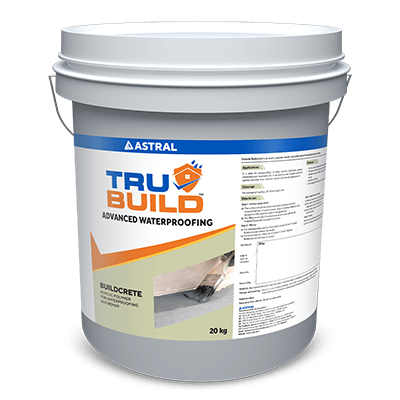
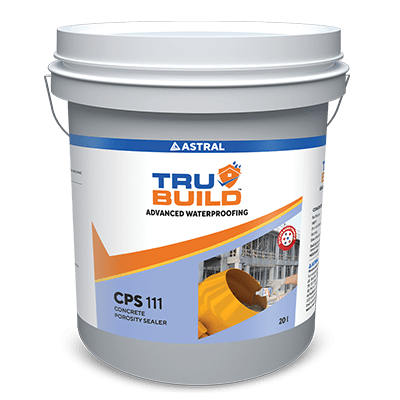
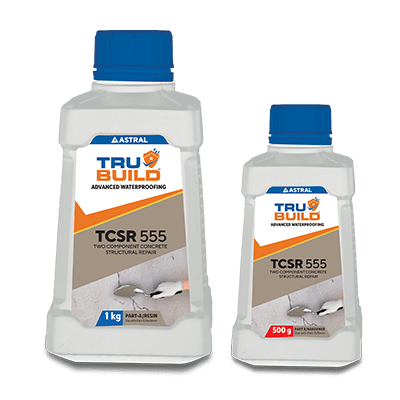
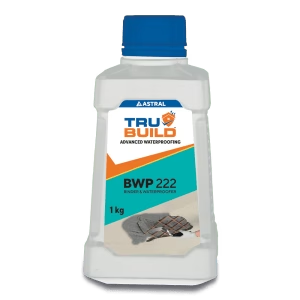
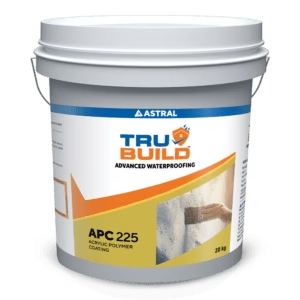
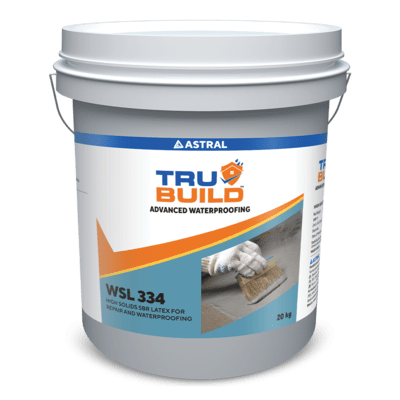
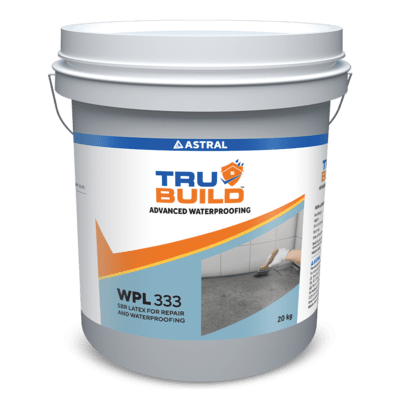
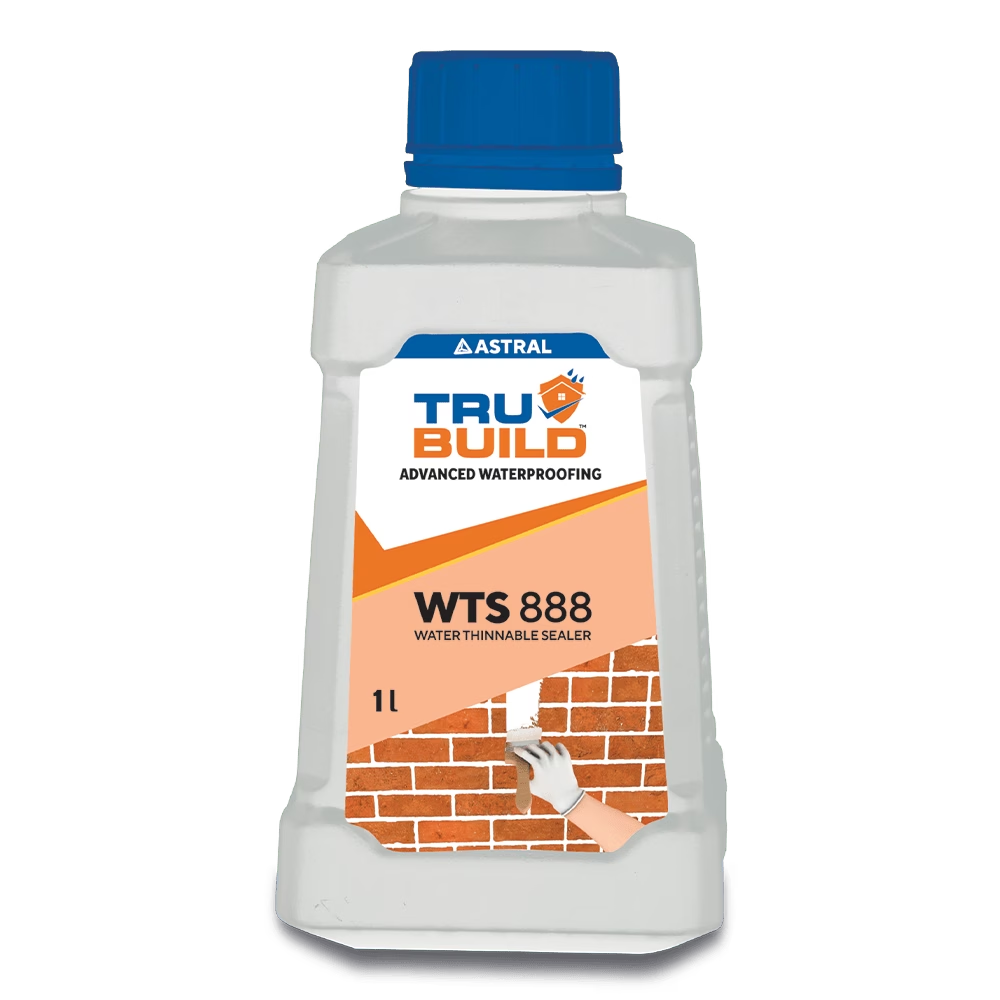
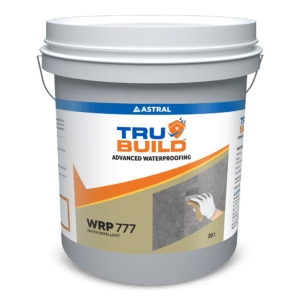
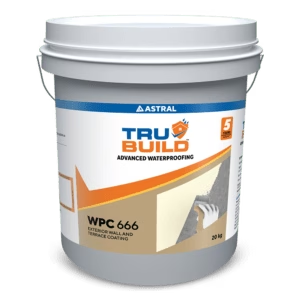
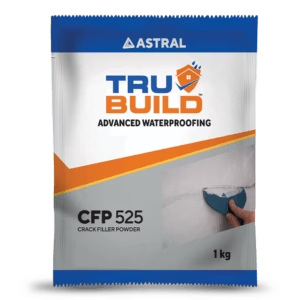
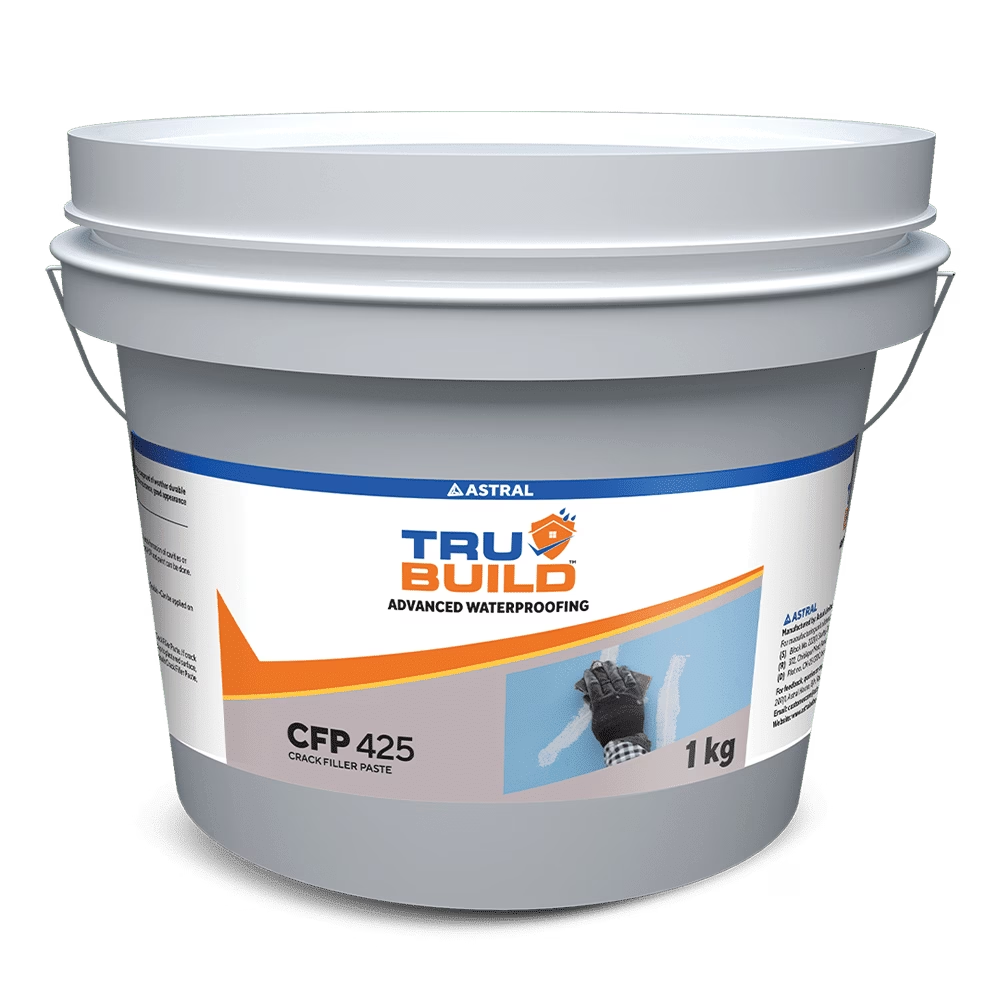
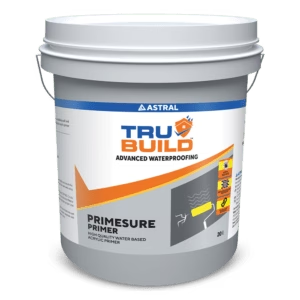
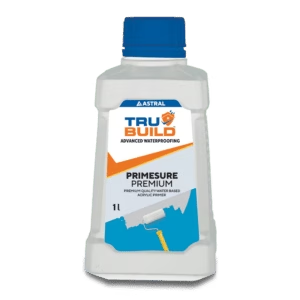
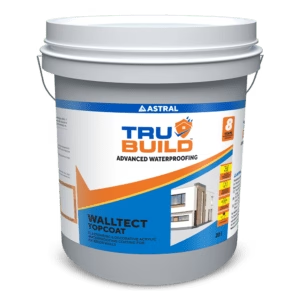
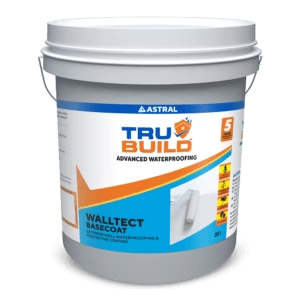
 Professional Sealants
Professional Sealants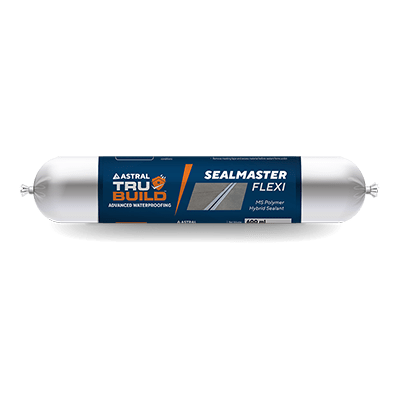
 Roof Waterproofing
Roof Waterproofing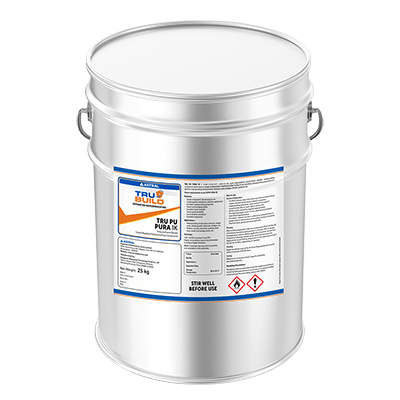
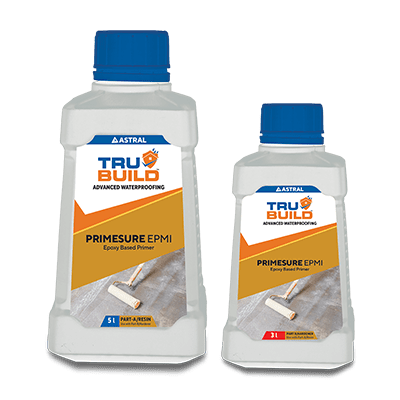
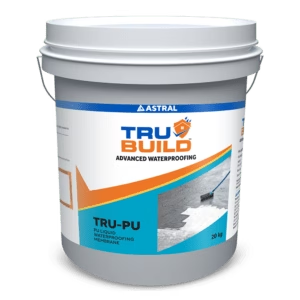


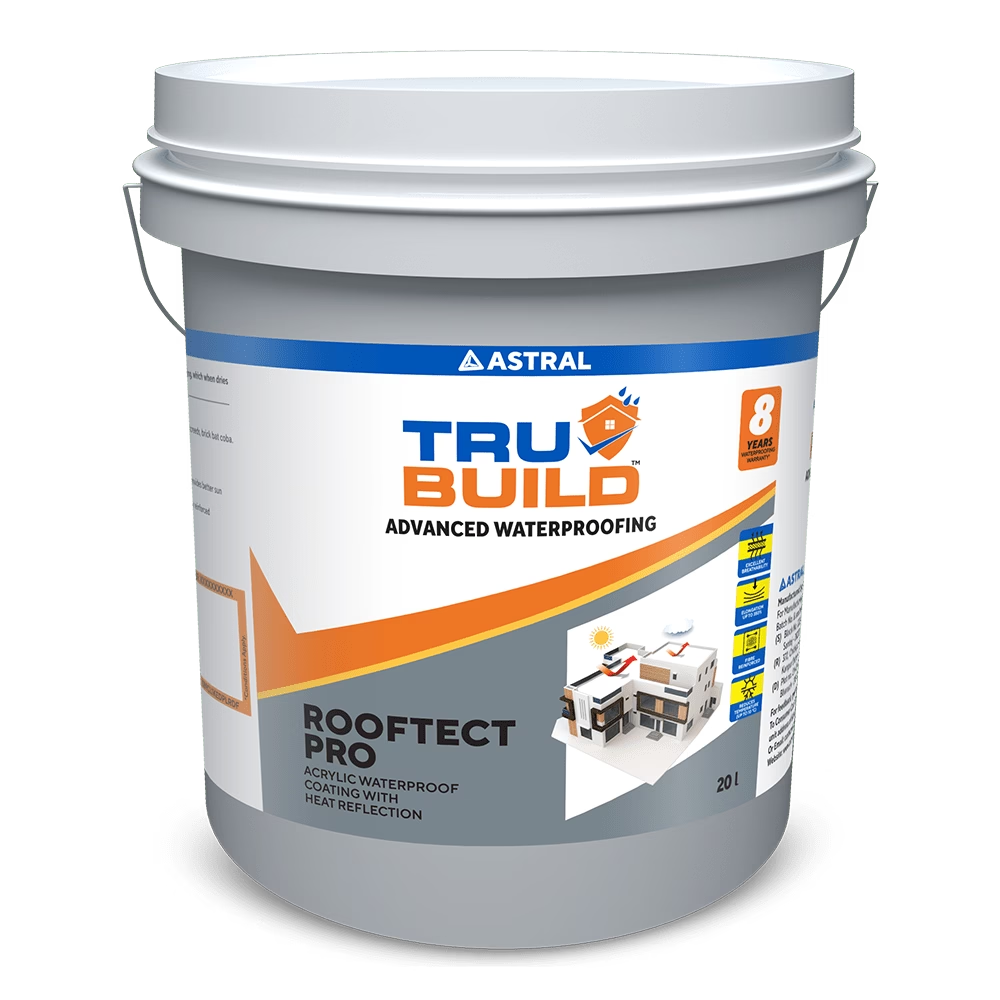
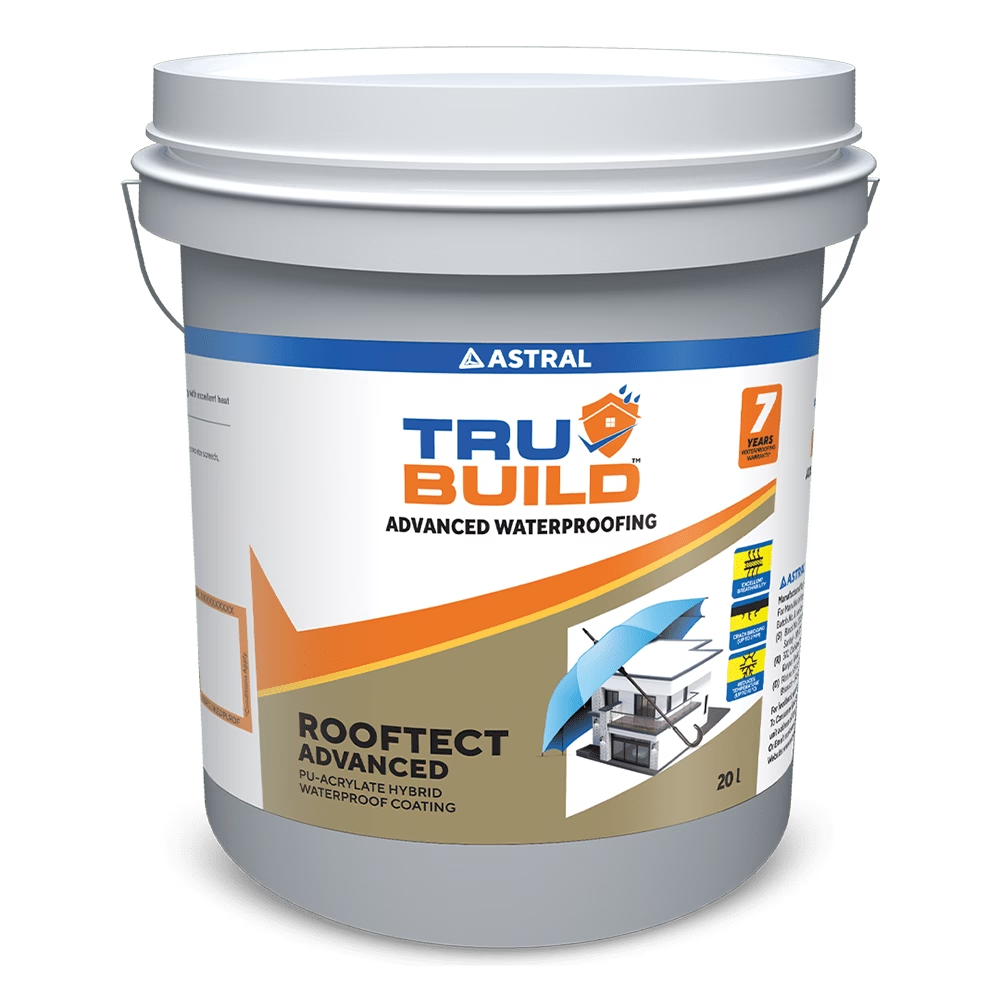
 Substructure Waterproofing
Substructure Waterproofing Tiling and Grouting
Tiling and Grouting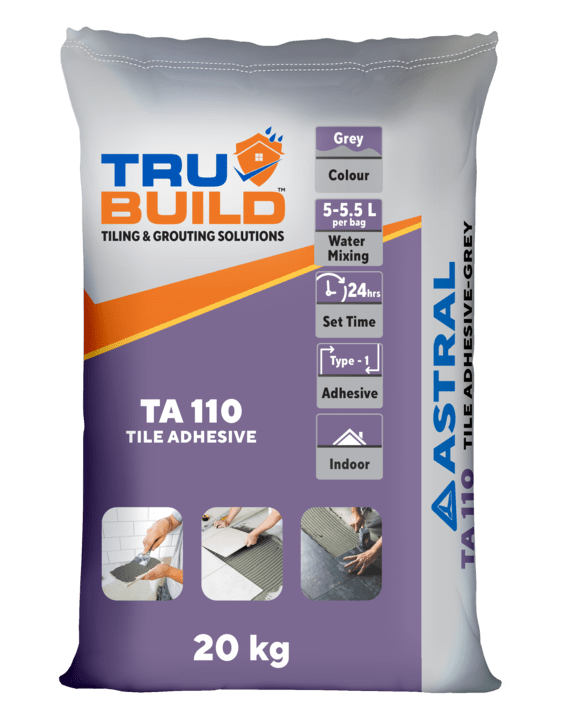
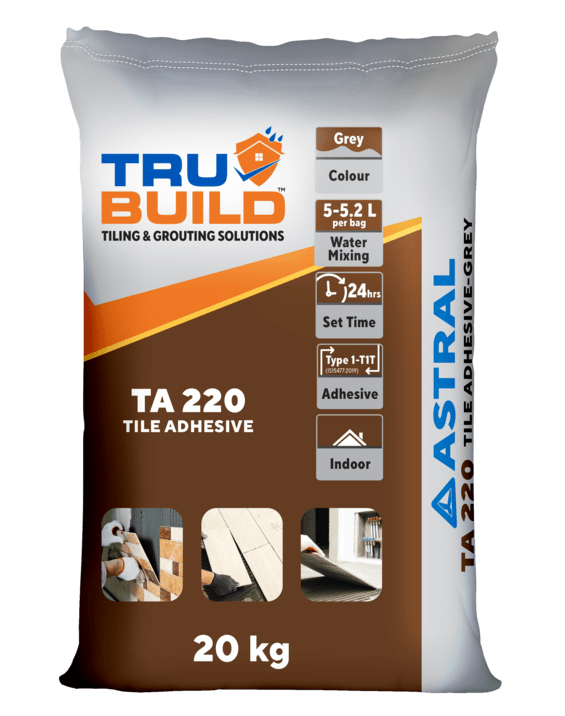
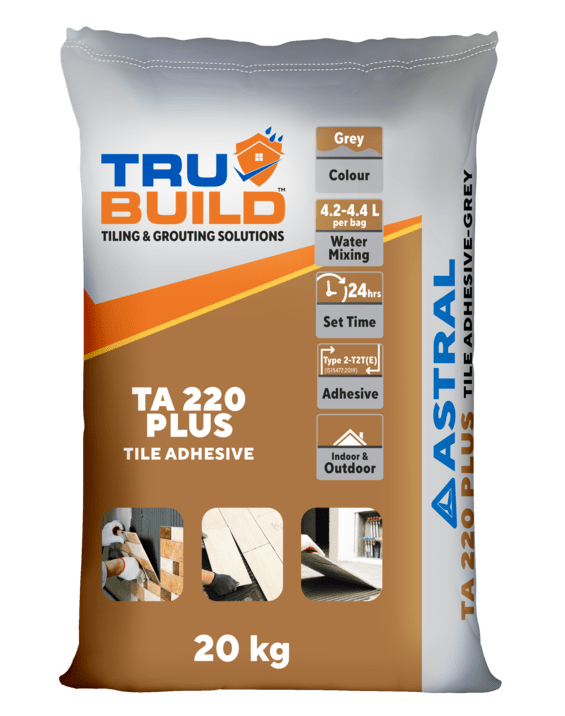
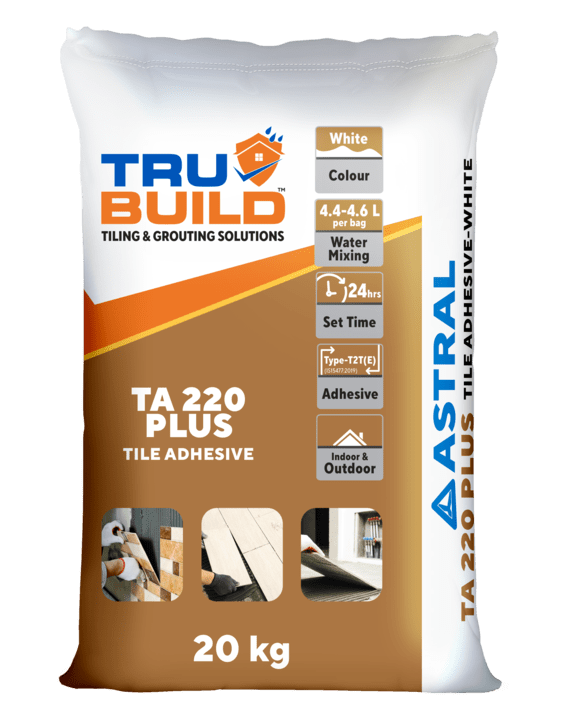
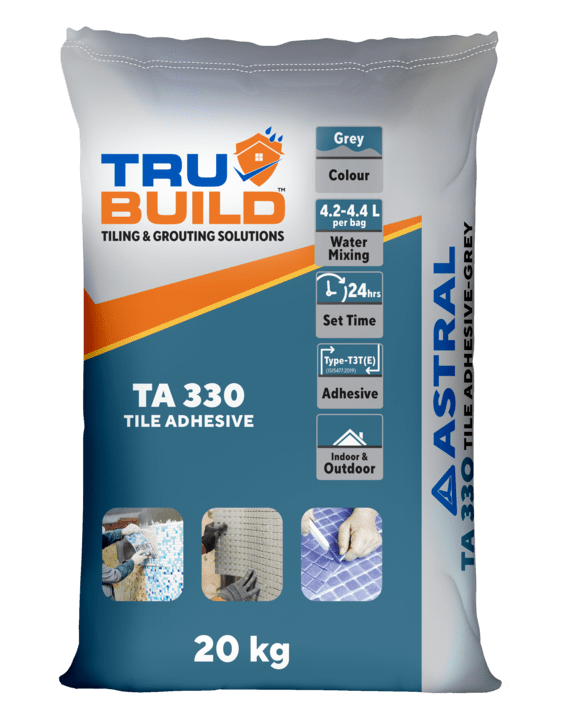
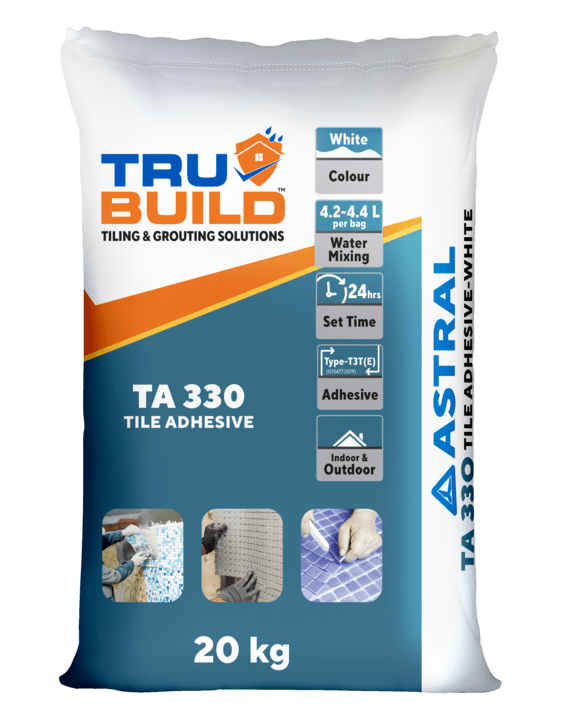
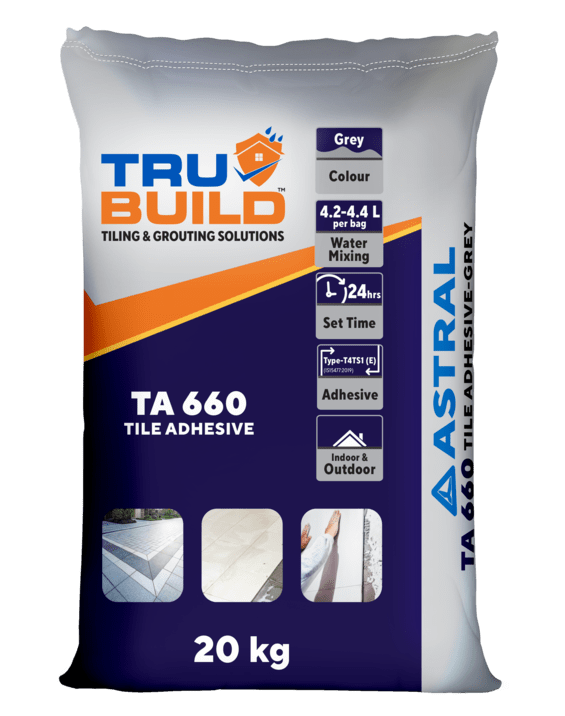
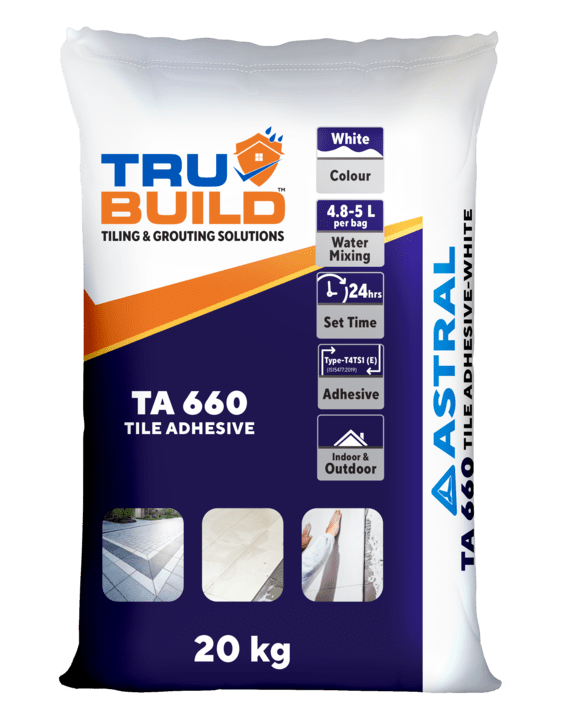
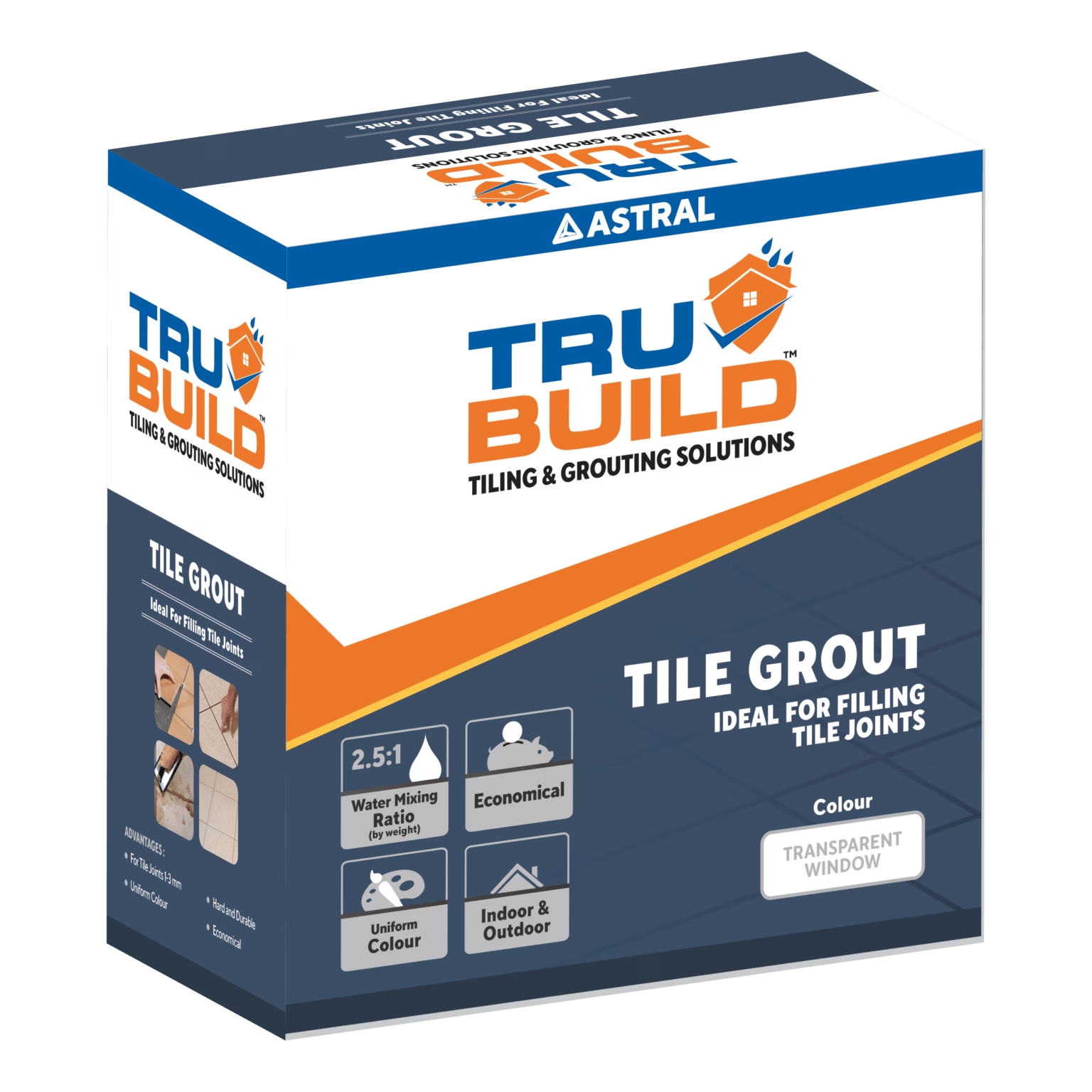
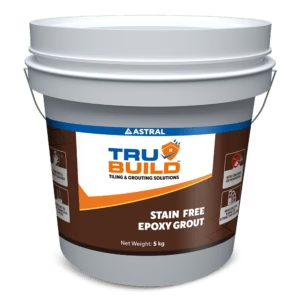
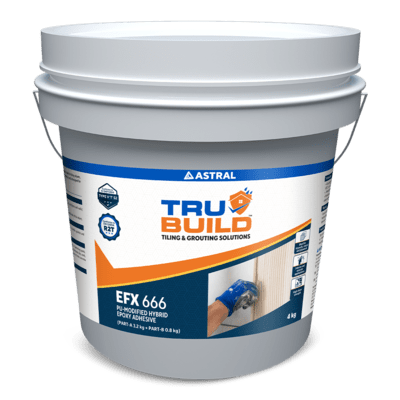
 Water Tanks and Other Areas
Water Tanks and Other Areas